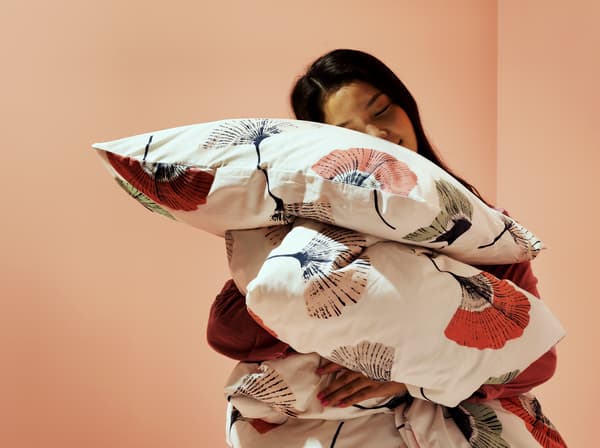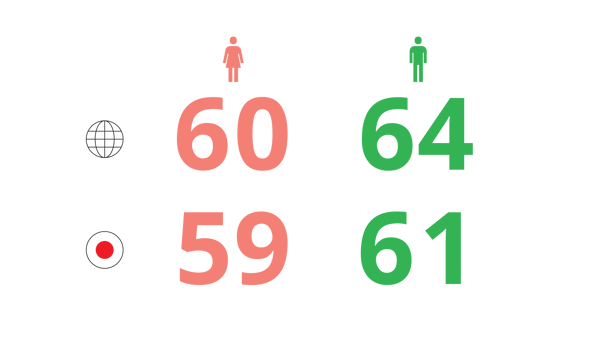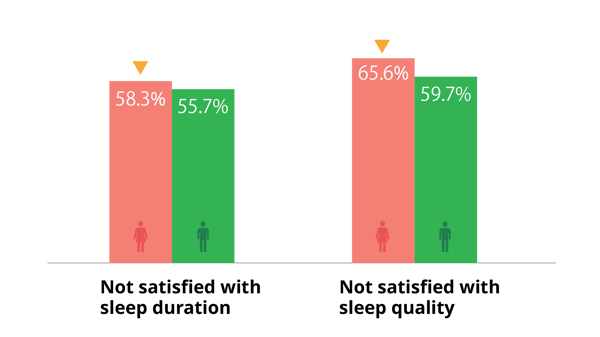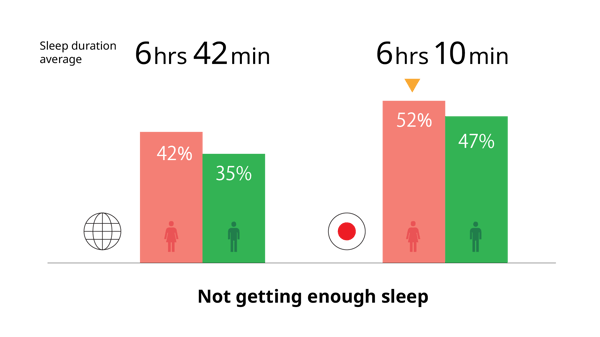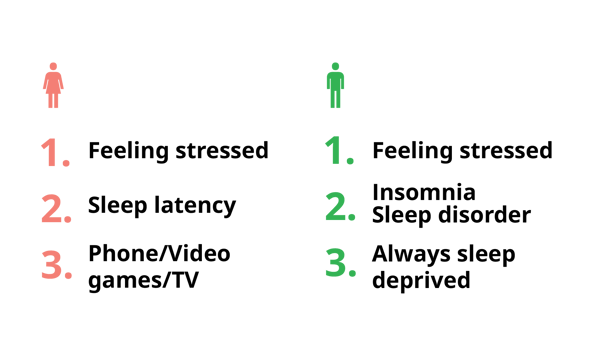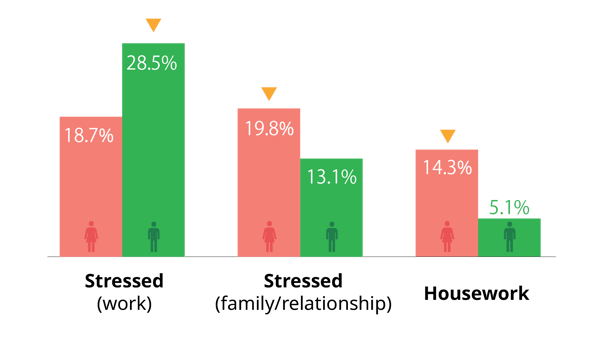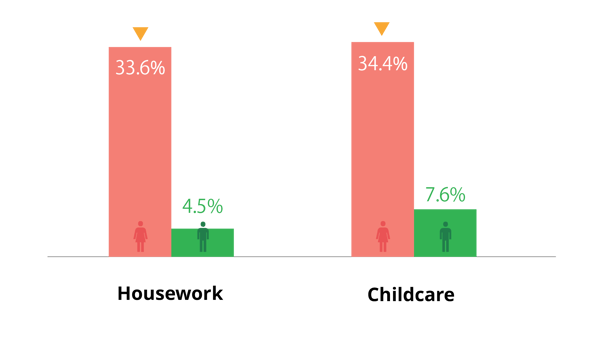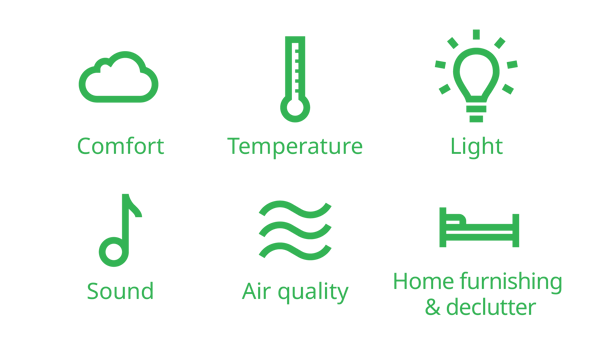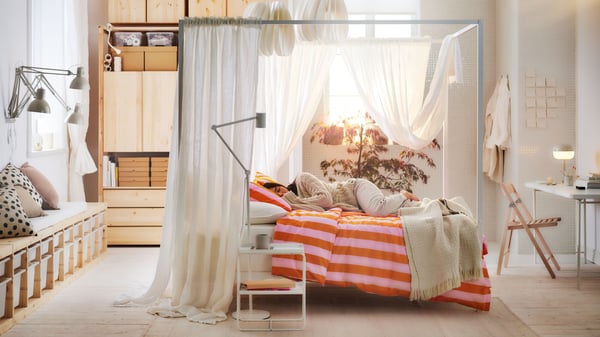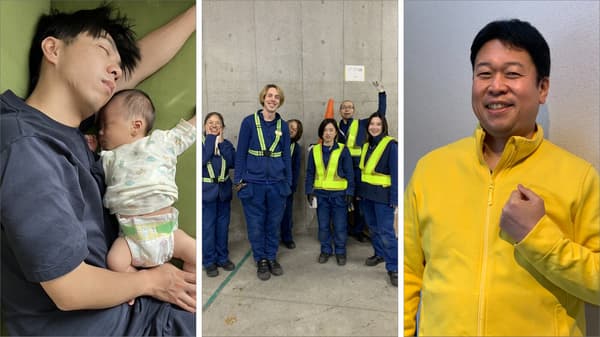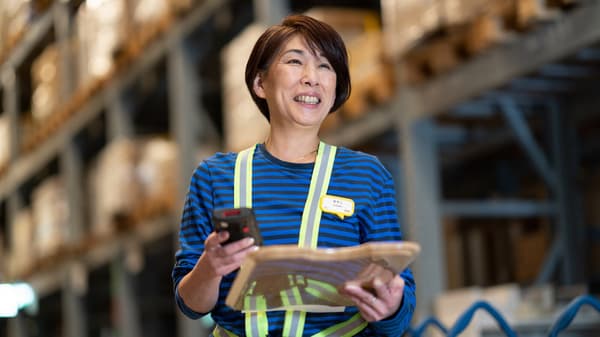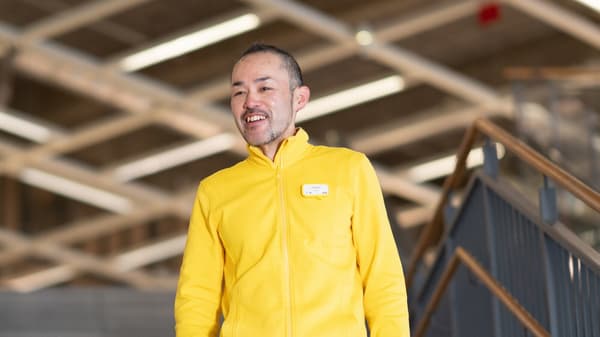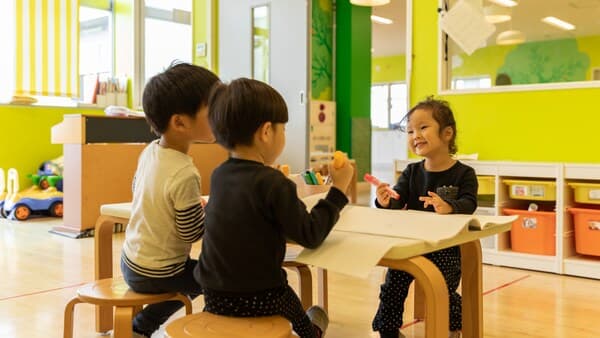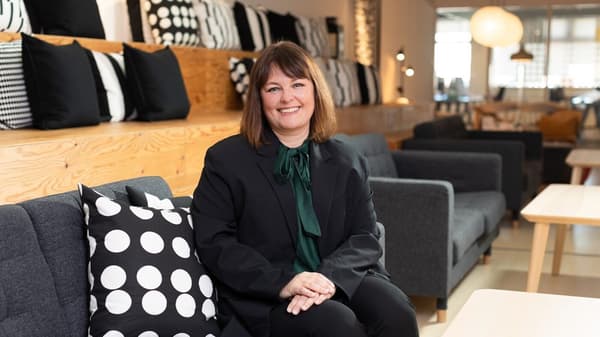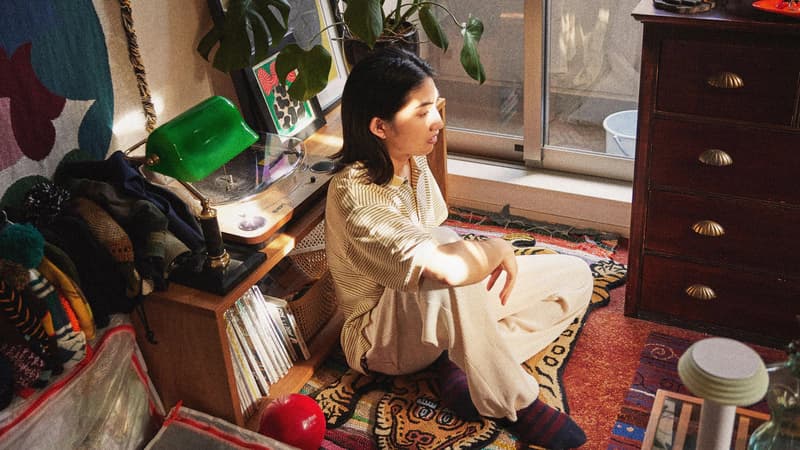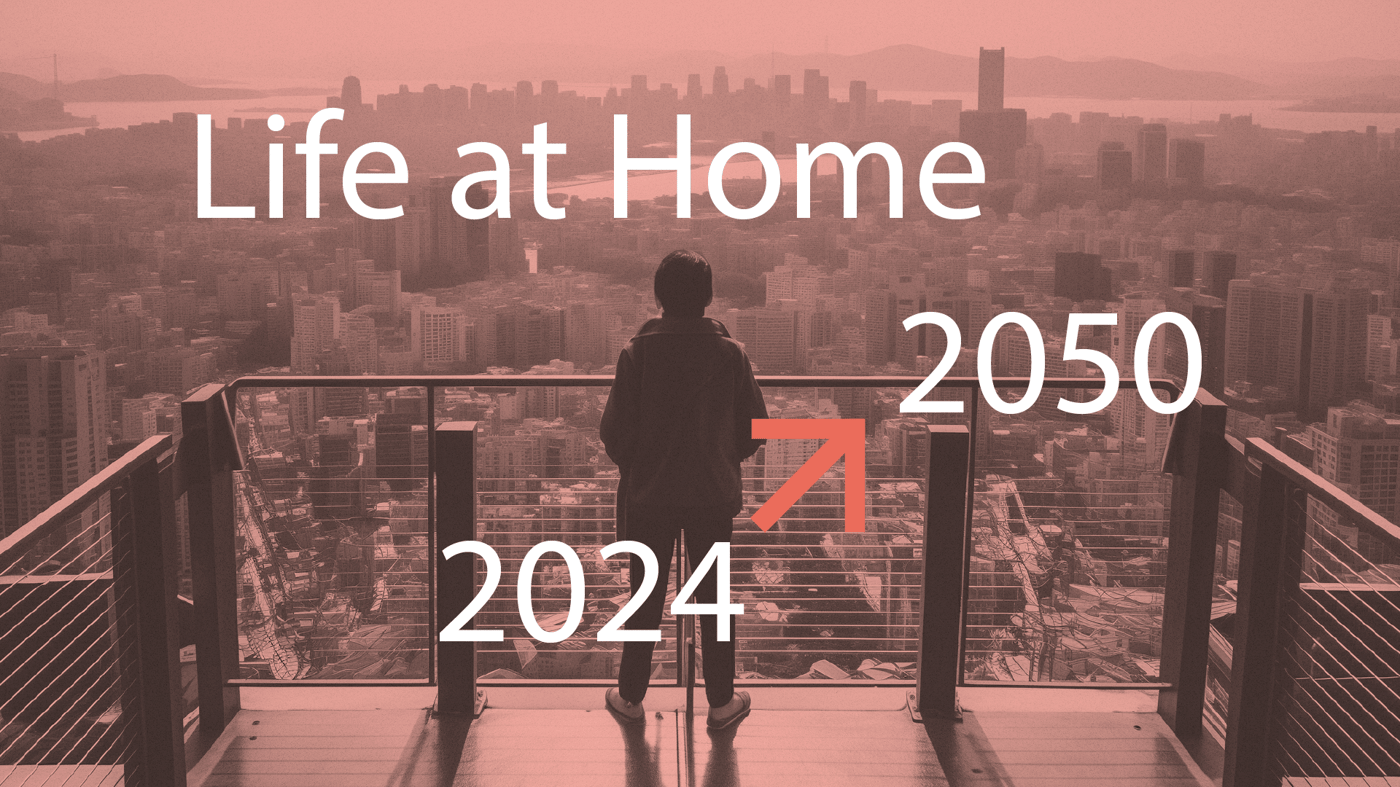March 8 is International Women's Day Let’s discover new opportunities through dialogue
— United, not divided. Together, not apart.
Gender equality is a human right. However, the gender gap exists both at home and at work.
We believe that together, we can achieve more than we ever could alone. When we recognize and appreciate each other's differences, we truly come together.
What we can do right now is engage in dialogue. Through dialogue, we uncover new discoveries and insights, and by reexamining old values, new perspectives are fostered.
We are stronger when we stand up, support and care for each other.
We are better together.

Let’s talk about sleep inequality.
52% of women in Japan feel that they are not getting enough sleep. (men 47%)
– IKEA Sleep Report 2025
Various gender gaps, such as the imbalance in household chores and childcare, as well as the challenges of work-life balance, are likely affecting people’s sleep in Japan.
Let’s talk to those around you about your own sleep or the sleep of your loved ones to help everyone achieve better sleep.
Sleep gender gap at a glance
Global vs Japan: not enough sleep
Japan ranked last in average sleep duration among the 57 markets surveyed. As a result, a higher percentage of both Japanese men and women feel they are not getting enough sleep compared to the global average, with more than half (52%) of Japanese women feeling this way. (IKEA Sleep Report 2025)
Reasons for not satisfied with sleep
Men seem to primarily experience stress related to work, while women feel stress from family and relationships. This suggests that traditional gender roles, with men bearing the pressure of being the primary breadwinner and women shouldering the burdens of housework and childcare, still persist and may be influencing sleep.(Research on sleep and equality at home by IKEA Japan 2024)
How to get better sleep
6 keys to quality slumber
Do you dream of waking up refreshed and ready to take on the day? Explore these six simple yet effective elements for better sleep.
IKEA Sleep Report 2025
IKEA conducted a large-scale survey on sleep in 57 countries and regions where it operates.
Let’s talk about menopause
In celebration of International Women's Day 2025, IKEA Japan raises awareness among coworkers about menopause and encourage open conversations to secure an environment where all our co-workers can thrive, feel valued, and continue to grow both personally and professionally.
We are creating psychologically safe and inclusive working environment recognising all genders throughout all life stages.

People who achieve equal living
Here is a story of IKEA Japan co-workers who enjoy their life at home, removing the stereotypes of being a woman or a man.
It is natural for them to do what they can without being restricted by roles such as father or mother. By being considerate of each other, discussing often, and cooperating, they have achieved an equal life that is unique to them.
How about talking with your partner or family about the not only frustrations but also appreciations in your daily life?

Sanae Teshima, IKEA Fukuoka Shingu, Shop keeperYusaku Teshima, IKEA Fukuoka Shingu, Fulfilment Operation Team Leader
Making it easier to take paternity leave
Continue on, fathers!
We asked our male co-workers who took paternity leave, their team members who supported them, and the P&C team (HR department) to reflect on paternity leave from various perspectives.
Equality at work in IKEA
At IKEA, we feel it is important for all co-workers to be respected for their diversity and treated with equality. Our co-workers at IKEA are offered equal opportunities regardless of their position, age, gender or nationality.
IKEA Japan achieves 50/50 gender ratio in management positions
We are committed to creating a diverse and inclusive work environment. We aim to provide equal opportunities for both men and women and achieve a 50/50 gender balance across all countries, ranks and positions (including boards and committees). As of the end of 2023 fiscal year, 50% of the management positions and 45.8% of the country CEOs in the Ingka Group are women. As of December 2022, IKEA Japan has achieved a 50:50 ratio of men and women in managerial positions.
In-house recruitment system (OPEN IKEA)
We encourage our co-workers to build a career that suits them. There is no fixed career path, and co-workers can choose their next challenge according to their life stage and motivation. Co-workers can apply for any position not only in Japan but also around the world.
Tanjikan Seishain system
At IKEA, we want our co-workers to extend their potential and develop themselves through their work. In September 2014, IKEA Japan introduced a short-time regular employee system, and all co-workers have become full-time employees (excluding students and short-term contractors) in order to create an environment in which co-workers at various life stages can work "in their own way" that suits their circumstances and can continue to work with equal wages and working conditions for a long time with peace of mind. With indefinite-term employment contracts and further enhancement of benefits (corporate defined contribution pension plan), we have established a growth structure at IKEA.
IKEA Japan definition of partner and leave system
IKEA Japan defines a partner as a spouse or a person who is not a spouse but has been registered at the same address for at least 12 months. Partners are entitled to the same benefits regardless of whether they are legally married, common-law or same-sex married. It is possible to take consecutive special paid leave when a partner gives birth, or special leave for childcare (unpaid. but with an allowance when returning to work) if a co-worker becomes the guardian of a child who is not eligible for childcare leave.
Other Initiatives
We provide co-workers opportunities to learn and enage in training on equality, diversity, and inclusion (ED&I), gender pay gap, and expand mentoring programs. IKEA Tokyo-Bay and IKEA Nagakute also have DAGIS (on-site childcare facilities) where co-workers can leave their children during co-worker working hours.
CEO & CSO, IKEA Japan K.K.Petra Färe on Gender Equality
We must speed up gender equality
Growing up, I was never told there were limits to what I could do or achieve in life. I was going to school and playing soccer while the parents in society were working and sharing house chores. I didn’t know how fortunate I was that people and structures were supporting me.
It pains me today when I read, see or hear, even my own daughter, say what girls can or can’t do. Currently, gender equality seems to be moving in the wrong direction. Professionally and personally, I am committed to do my utmost so future generations achieve gender equality.
All decisions are better when they’re based on different angles and aspects. Playing a lot of sports growing up I had to acknowledge most boys were physically stronger than me, yet our common passion united us. We could still strategize together even if we played on separate teams. In the workforce today, we can truly be on the same, better team together and aim for the same goals.
The beauty of being a company present in so many countries is to have stretch goals, especially when we aim to be a force for good. In Ingka each country has the same goals for gender equality, and I am proud that we have 50% female managers in Japan.
With optimism and focus it’s possible to make positive societal change faster than you’d think. And for gender equality it’s a change we must speed up.
Life at Home Report 2023
This is the 10th anniversary year of IKEA Life at Home Report. From the survey in 2023, we found that women often carry the burden of housework and that the gender gap in daily life remains wide open. Through our annual survey, we are deepening our understanding of life at home from various perspectives.
Life at Home 2050
Equality starts at home
We believe that fair and equal start at home. So how does the fair and equal world look like?
How we have worked
IKEA has been working for many years to make everyday life equal for everyone.
